Ep. 19: Michel Nischan – CEO & Founder at Wholesome Wave ||
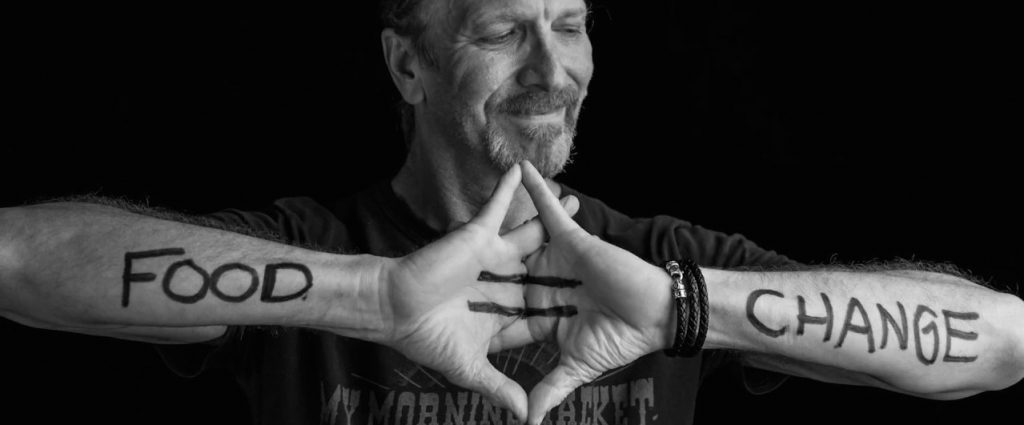
.
Through the creation of successful programs like the doubling of Supplemental Nutrition Assistance Program (SNAP/ food stamps) benefits on healthy & nutritious foods, and the Produce Prescription program – Nischan has taken firm control of a political football and is now responsible for reforming a significant part of our national farm bill policy. Additionally, in conjunction with the James Beard foundation, Nischan worked extensively with Eric Kessler to spawn the “Chef’s Boot Camps”. Another successful venture which promotes ongoing reform, this initiative encourages civically and politically minded chefs to become more effective leaders for food-system change. With a thousand of tomorrow’s food leaders waiting at the door to gain access to the boot camps, Nischan’s impact will persist for generations to come.
.
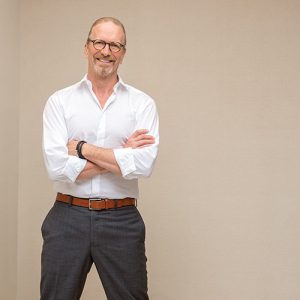 The entire hour of our conversation is well worth a listen. But, if you have only 10 minutes to lend an ear – tune-in to hear the power of Michel’s words and the emotional description of his dear friends Paul Newman and Gus Schumacher. Both influential allies; both impressive leaders; both iconoclasts who’ve have disrupted by leaving this place much better than they had found it.
The entire hour of our conversation is well worth a listen. But, if you have only 10 minutes to lend an ear – tune-in to hear the power of Michel’s words and the emotional description of his dear friends Paul Newman and Gus Schumacher. Both influential allies; both impressive leaders; both iconoclasts who’ve have disrupted by leaving this place much better than they had found it..
During the conversation Michel Nischan defines food as the “silver bullet” needed to engage more folks into their environmental footprint, and to the negative consequences of shortcuts used in production have on human and public health. He explains that the food we eat is an unparalleled opportunity to democratize complex conversations in systems thinking. As we’re all eaters, and eating is an agricultural act – we can all connect by breaking this bread together.
.
A inspirational leader, and an agent of change – Michel Nischan has levered his stardom to change the world for the better through his medium of food. And, what’s even better – he’s only just begun.
@michelnischan
@wholesomewave


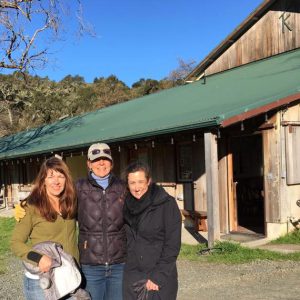 Today I’m joined by two knowledgeable thought leaders pioneering a better food movement sprawling from coast to coast, and everywhere in-between. On episode 18 of Sourcing Matters Wendy Millet – Director of Tomkat Ranch research center, and Jill Isenbarger – CEO of Stone Barns Center discuss all important topics ranging from circular economies, holistic management, food & Agtech, and more which have begun casting a long shadow over a quickly changing domestic food landscape.
Today I’m joined by two knowledgeable thought leaders pioneering a better food movement sprawling from coast to coast, and everywhere in-between. On episode 18 of Sourcing Matters Wendy Millet – Director of Tomkat Ranch research center, and Jill Isenbarger – CEO of Stone Barns Center discuss all important topics ranging from circular economies, holistic management, food & Agtech, and more which have begun casting a long shadow over a quickly changing domestic food landscape. 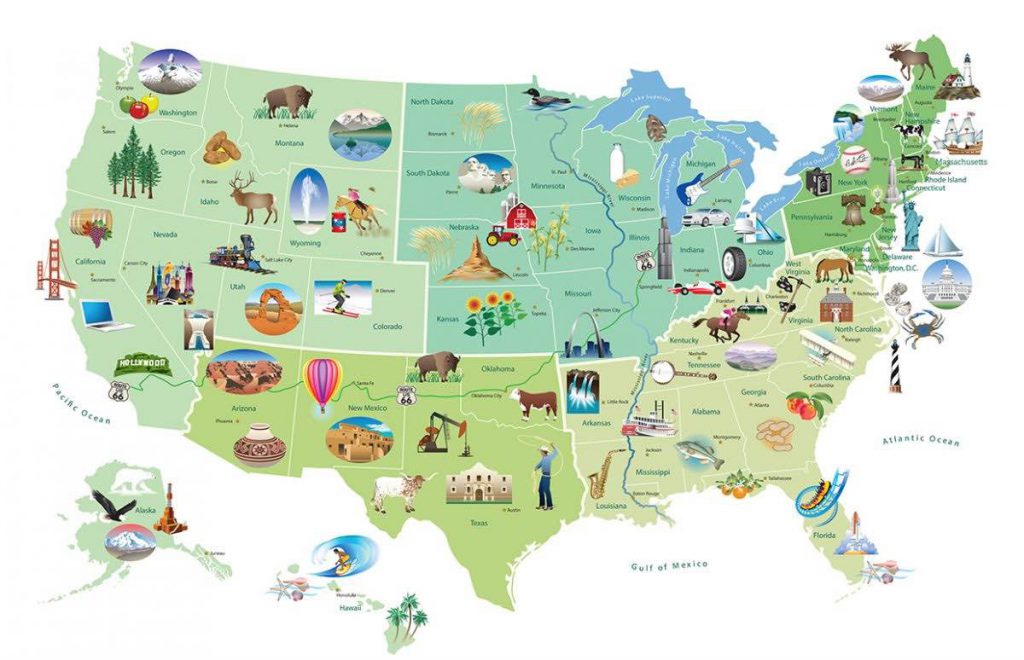
 Perpetually coaching and facilitating founders amongst her wide net, Jain evaluates a diverse spectrum of concepts ranging from supply chain transparency & traceability – to- next gen gear tech – to- smart and biomimetic fish meal for aquaculture – to – big data efficiencies reducing waste and deadloss. Now, traveling the globe to instigate innovation throughout future fisheries, Jain uses regional think-tanks and gatherings of industry experts with entrepreneurs to foster growth in a stagnant and often detrimental industry. Culminating with an annual onsite business competition at Stanford – Fish2.0 has quickly become the hub of innovation economies for the best-of-the-best in global fisheries, ocean farming and aquaculture.
Perpetually coaching and facilitating founders amongst her wide net, Jain evaluates a diverse spectrum of concepts ranging from supply chain transparency & traceability – to- next gen gear tech – to- smart and biomimetic fish meal for aquaculture – to – big data efficiencies reducing waste and deadloss. Now, traveling the globe to instigate innovation throughout future fisheries, Jain uses regional think-tanks and gatherings of industry experts with entrepreneurs to foster growth in a stagnant and often detrimental industry. Culminating with an annual onsite business competition at Stanford – Fish2.0 has quickly become the hub of innovation economies for the best-of-the-best in global fisheries, ocean farming and aquaculture. 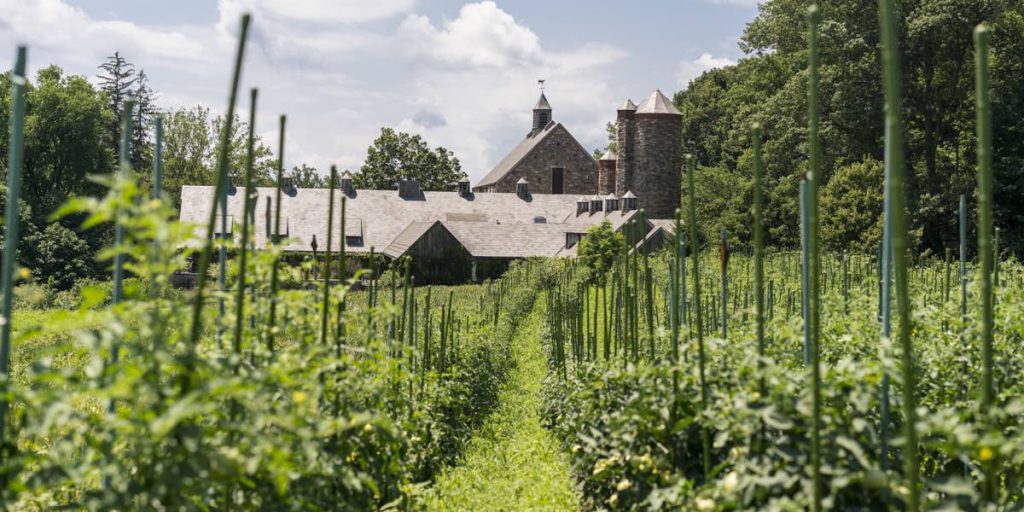
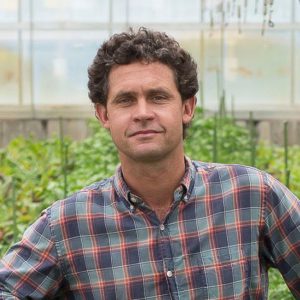 The goal of this agricultural research and educational epicenter in West Chester NY is to cast a large shadow on consumers and producers alike through better connecting more to natural order through the food we eat. There are many challenges of this type of agritourism on a working farm, but Jack takes them all in stride – stating: “We can only look ahead. If people engage in food; if they ask for, and demand more – we can change the food system together.” Algiere continues, “Where do we learn this stuff? On the small, beautiful farms we can all access.”
The goal of this agricultural research and educational epicenter in West Chester NY is to cast a large shadow on consumers and producers alike through better connecting more to natural order through the food we eat. There are many challenges of this type of agritourism on a working farm, but Jack takes them all in stride – stating: “We can only look ahead. If people engage in food; if they ask for, and demand more – we can change the food system together.” Algiere continues, “Where do we learn this stuff? On the small, beautiful farms we can all access.”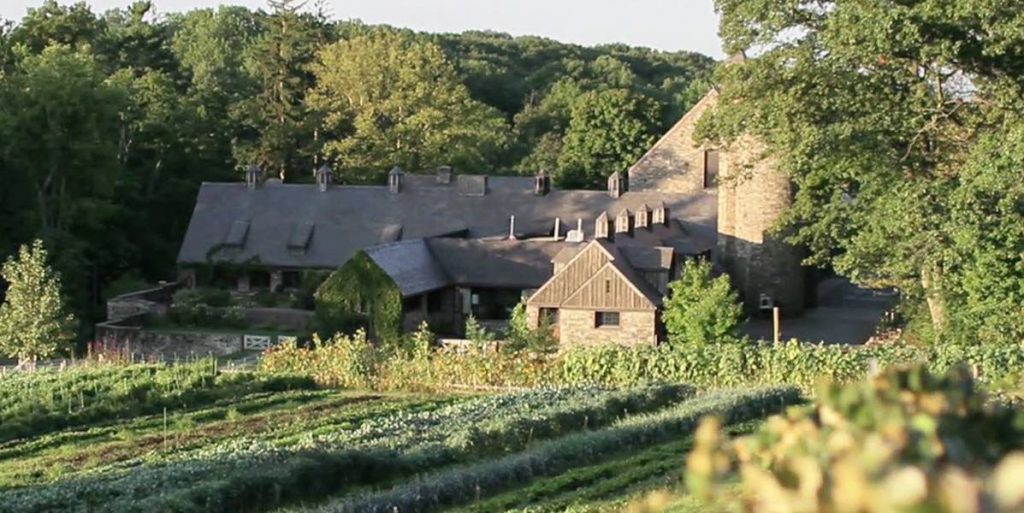
 Spawned by the influence of his wife, Brett’s interest in food and agriculture has percolated into the creation of this TechStars vertical dedicated to the future of food and proper resource management in feeding ourselves on a shrinking planet. New England’s facilitator of a new Food Economy, Lauren Abda joins the conversation as a first time co-host.
Spawned by the influence of his wife, Brett’s interest in food and agriculture has percolated into the creation of this TechStars vertical dedicated to the future of food and proper resource management in feeding ourselves on a shrinking planet. New England’s facilitator of a new Food Economy, Lauren Abda joins the conversation as a first time co-host. 18 months ago Ayr Muir made a commitment to his employees. National minimum wage is $7.25, and MA today is $11 pr/hr. Ayr commitment to a fair living wage of at least $15 per, and now has upped the challenge again – explaining “if it’s right for the employees, it’s worth fighting for.” Muir has monitored similar key metrics of success from day one. Now, with many lessons under his belt – these sound business decisions seem to be second nature as Ayr’s commitment to quality & flavorful ingredients, to good people and to the planet push forward each informed strategy.
18 months ago Ayr Muir made a commitment to his employees. National minimum wage is $7.25, and MA today is $11 pr/hr. Ayr commitment to a fair living wage of at least $15 per, and now has upped the challenge again – explaining “if it’s right for the employees, it’s worth fighting for.” Muir has monitored similar key metrics of success from day one. Now, with many lessons under his belt – these sound business decisions seem to be second nature as Ayr’s commitment to quality & flavorful ingredients, to good people and to the planet push forward each informed strategy.